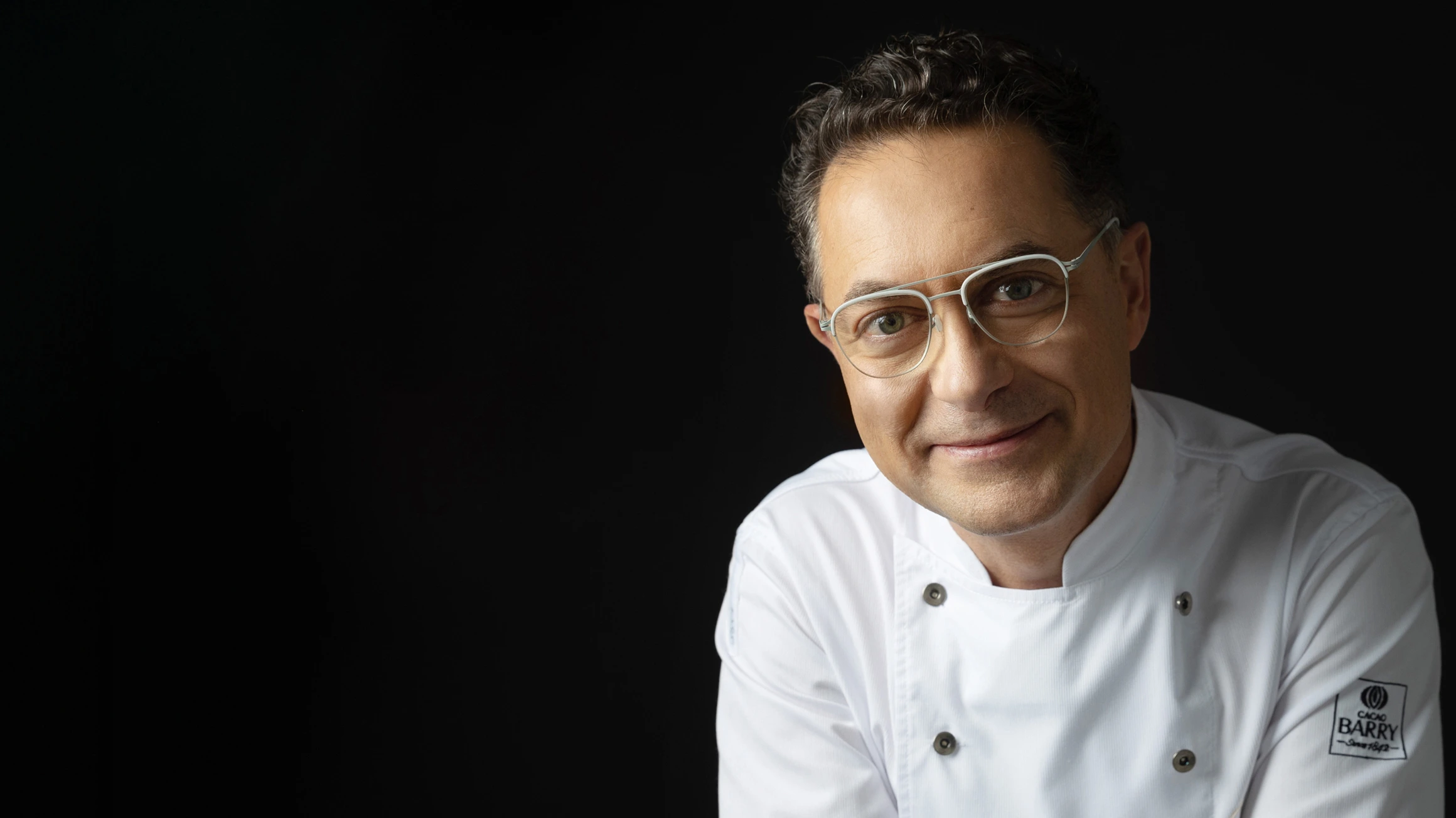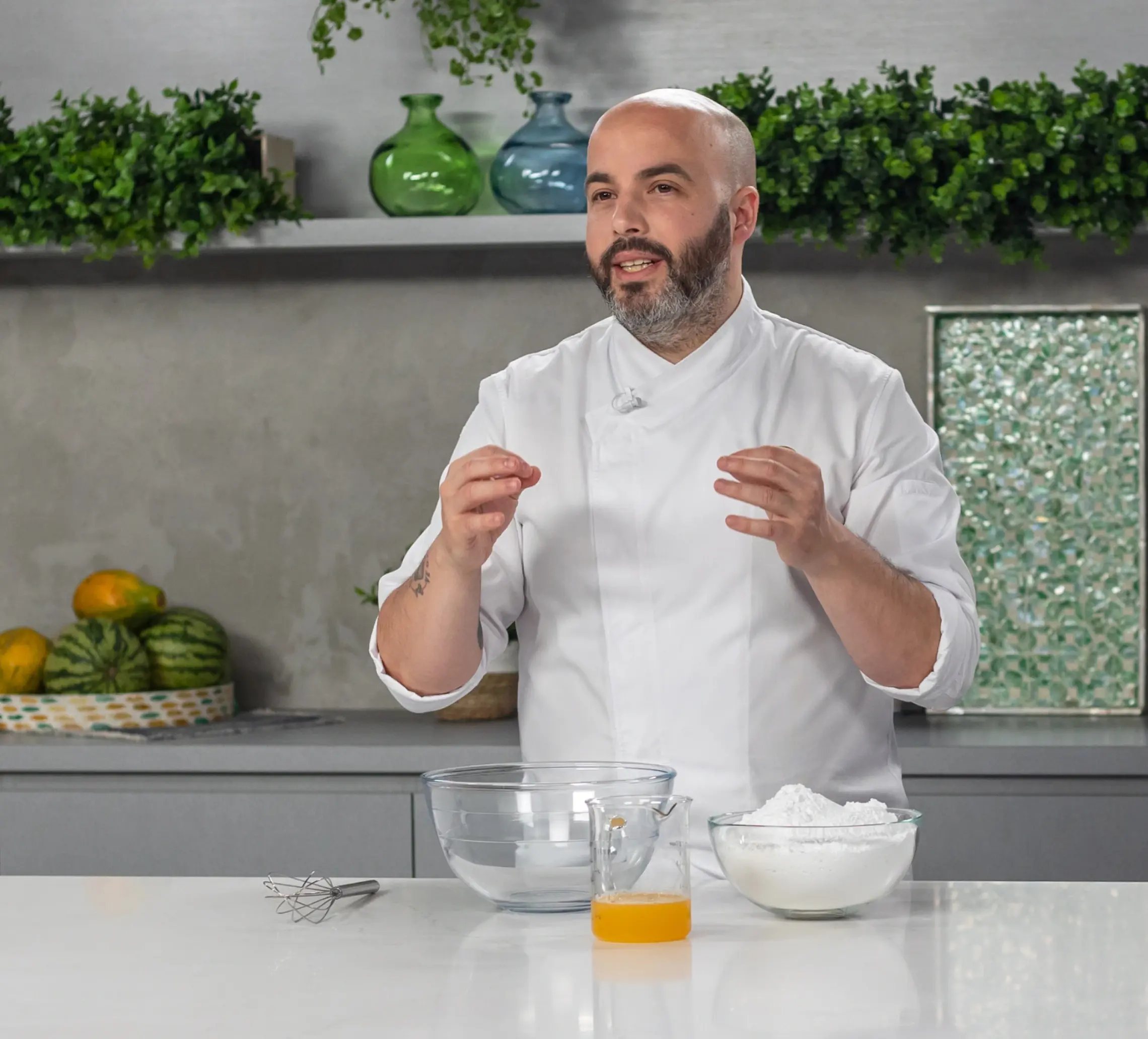Passion for Pastry and Teaching
- Inspire Through Passion: Your enthusiasm for both pastry and teaching can be contagious. Share your love for the craft with your students, making them excited to learn and explore.
- Stay Engaged: Keep your passion alive by exploring new trends, techniques, and flavors. A passionate teacher inspires students to be equally curious and dedicated.
Example: A pastry instructor who frequently tries new recipes and experiments with ingredients can share these experiences in class, showing students the joy of discovery in baking.
Expertise and Continuous Learning
- Keep Learning: The pastry world is ever-evolving. Stay current with the latest techniques, trends, and ingredients to provide your students with up-to-date knowledge.
- Expand Your Horizons: Attend workshops, seminars, or even online courses to broaden your expertise. Share your learning journey with students to encourage them to explore beyond the classroom.
Example: A pastry instructor might attend international pastry expos or take advanced courses themselves, bringing back new techniques like the Japanese "water cake" trend to share with their students.
Clear Communication
- Simplify Complex Techniques: Break down complicated processes into simple, manageable steps. Use visual aids, demonstrations, and analogies to clarify difficult concepts.
- Engage Your Students: Encourage questions and discussions to ensure students understand the material. Clear communication builds confidence and skill.
Example: When explaining the difference between a meringue and a Swiss meringue, use visual aids like charts or videos to highlight the distinct methods and results of each type.
Patience and Empathy
- Understand Different Learning Paces: Recognize that each student learns at their own speed. Be patient and provide additional support to those who need it.
- Provide Constructive Feedback: Offer feedback that helps students grow, focusing on both strengths and areas for improvement.
Example: Imagine a student struggling with their choux pastry. Instead of just telling them what they're doing wrong, show them a side-by-side comparison of a successful batch and their own. Then, let them troubleshoot with your guidance, discussing factors like dough consistency or oven temperature.
Creativity and Innovation
- Encourage Creative Expression: Inspire students to explore new flavor combinations and presentation styles. Share your creative process and encourage experimentation.
- Incorporate Modern Trends: Stay up-to-date with pastry trends and incorporate them into your lessons to keep students engaged and excited.
Example: Introduce a "mystery ingredient challenge" where students must incorporate an unexpected ingredient, like herbs or spices, into a traditional pastry to create a new flavor profile.
Organizational Skills
- Plan Your Classes Thoroughly: Organize your lessons to ensure a smooth flow. Prepare materials in advance to make the most of class time.
- Maximize Hands-On Practice: Allocate sufficient time for students to practice techniques, as hands-on experience is crucial for mastering pastry skills.
Example: Create a detailed class schedule that outlines each step of a recipe, with time allocations for demonstrations, hands-on practice, and Q&A sessions.
Adaptability
- Adjust to Different Skill Levels: Tailor your teaching methods to accommodate students' varying skill levels, from beginners to advanced.
- Be Flexible with Lesson Plans: Be prepared to deviate from the plan if students need more time on a particular topic or if an unexpected opportunity for learning arises.
Example: If some students grasp a concept quickly, while others struggle, have advanced students work on a more challenging variation while providing extra help to those who need it.
Professionalism and Integrity
- Be a Role Model: Demonstrate professionalism through punctuality, preparation, and respectful communication.
- Uphold Integrity: Share accurate information and credit your sources, fostering a culture of respect and trust in the classroom.
Example: Always cite the origin of traditional recipes or credit contemporary chefs when demonstrating their techniques, reinforcing the importance of respect in the culinary community.
Passion for Student Success
- Celebrate Achievements: Acknowledge and celebrate your students' successes, no matter how small. This encourages continued effort and improvement.
- Offer Continued Support: Provide guidance and mentorship beyond the classroom, helping students reach their full potential.
Example: Offer to review students' personal projects, like new pastry creations or business plans, and provide constructive feedback and encouragement.
Engagement and Fun
- Make Learning Enjoyable: Infuse your classes with energy and enthusiasm. Use engaging activities and a positive atmosphere to make learning pastry fun.
- Incorporate Themed Lessons: Use themes to make classes more engaging, such as seasonal pastries or international desserts.
Example: Host themed classes, such as "Parisian Pastry Night," where students dress the part and create classic French desserts while listening to French music.
In conclusion, being the best pastry teacher is about more than just sharing recipes and techniques. It's about inspiring passion, fostering creativity, and nurturing growth in your students. By combining these key ingredients, you can create a rich and rewarding learning experience that leaves a lasting impact. Whether you're teaching in a classroom or online, remember that your enthusiasm and dedication are the sweetest parts of the journey.
August 2, 2024 By PastryClass



























